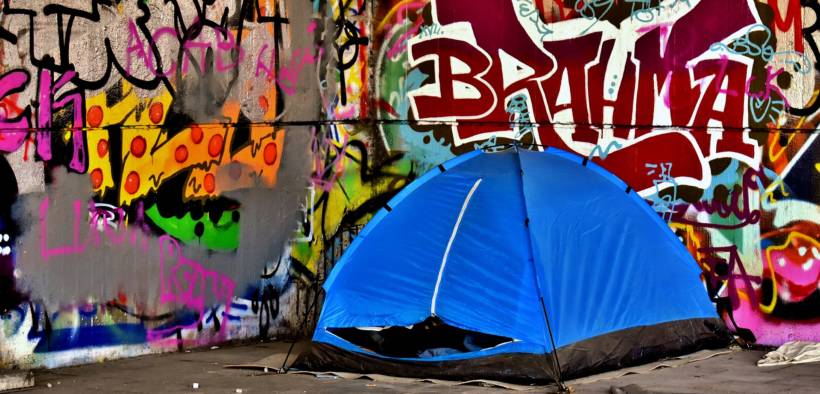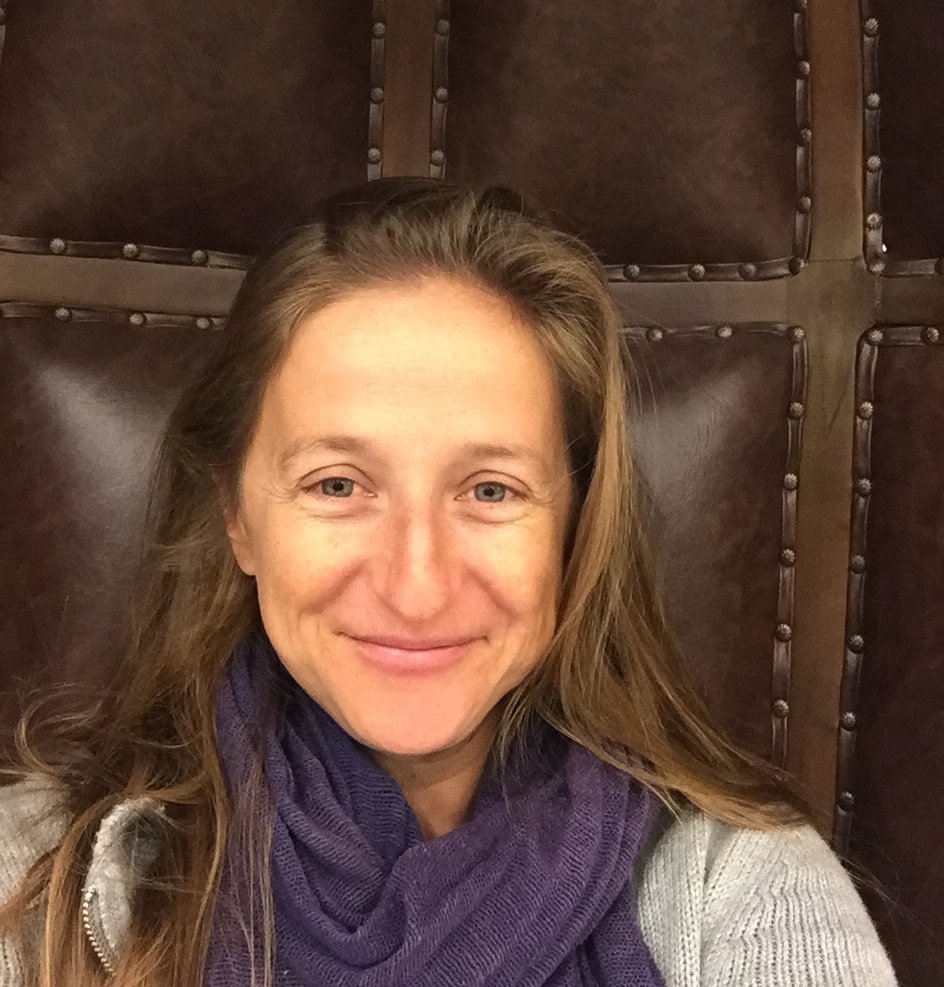Banning Homelessness: Anti-Camping Cases Reverberate Nationwide

Recent challenges to anti-camping or homeless bans in court will likely affect how homelessness is handled across the country.
This month two high profile court cases have limited cities’ ability to try and ban sleeping in public places. The cases are part of a series in recent years making various forms of homelessness or sleeping on public streets illegal in various municipalities. While the homeless bans are all being implemented on only local levels, challenges to them in court will likely affect how homelessness is treated across the country.
In 2002, Boise Idaho passed a law making it illegal to camp in public places and a few years later created a related disorderly conduct ban. Both bans were intended to target homeless people. Several current or formerly homeless citizens sued the city in 2014. The case was initially decided in favor of Boise and not heard by a federal judge, but in 2017 the Ninth Circuit Court took up the case and in September of last year ruled the ban unconstitutional. On December 16 the Supreme Court declined to take up the case.
Denver, Colorado passed a law similar to Boise’s in 2012 and on December 27 a County judge ruled that their ban was also unconstitutional. The homeless population in Idaho reportedly grew during the years of Boise’s camping ban and in Denver, homeless numbers have also been on the rise.
Boise Homeless Ban
While Boise’s homeless ban was in effect, violating it was ruled a misdemeanor citation. When the lawsuit was initially filed changes were made to how the ban was enforced, and citations were no longer given when shelters were full. Still, hundreds of citations were issued to the homeless each year for sleeping in public places, for disorderly conduct, and for other misdemeanors like having a glass jar in a public park.
The plaintiffs in the Boise case had all been cited and sentenced to time served for violating the ordinances. One of the plaintiffs served a day in jail. In their ruling, the Ninth Circuit determined that this amounted to cruel and unusual punishment and was a violation of the Eighth Amendment. The ruling also noted that residents who had been turned away from shelters for reasons other than overcapacity were also being cited under the camping ban.
Denver Homeless Ban
The County Judge who decided the case of Denver’s ban quoted the Boise case in the ruling saying, “As long as there is no option of sleeping indoors, the government cannot criminalize indigent, homeless people for sleeping outdoors, on public property, on the false premise they had a choice in the matter.”
Earlier this year a ballot measure to overturn Denver’s anti-camping or homeless ban was widely rejected by voters. Denver’s City attorney has indicated that they intend to appeal the decision to the District Court and maintains that there are open beds at shelters in the city on most nights. If the District Court does take up the case, there will be a number of other municipalities around the country keeping a close watch on the outcome.
Other City Bans
How these court decisions impact other cities’ homeless laws will depend on exactly what is banned and how the bans are worded. For instance, Honolulu, Hawaii banned sitting and lying on public sidewalks in certain high pedestrian areas of the city in 2015 and that ban has not been legally challenged yet.
Like Denver and Boise’s ban, Honolulu’s law is aimed at allowing police to remove homeless encampments from sidewalks and is intended to try and get people into shelters rather than be on streets. Because Honolulu’s law is limited to only certain parts of the city and it doesn’t deal specifically with sleeping it doesn’t have some of the same legal problems as the homeless bans in Boise and Denver.
Las Vegas, Nevada passed a public camping ban this past November, however, they specified in the law that citations could not be issued when there were no shelter beds available. This bill was intentionally worded to pass the criteria that the Ninth Circuit created in the Boise case and there are no plans to repeal or change it before implementation.
California is infamously home to hundreds of thousands of homeless people. The Boise case has already led to a debate about how homelessness in Los Angeles compares to homelessness in Boise and whether the failure of Boise’s law should impact how LA, or any other city, tries to address the issue.











